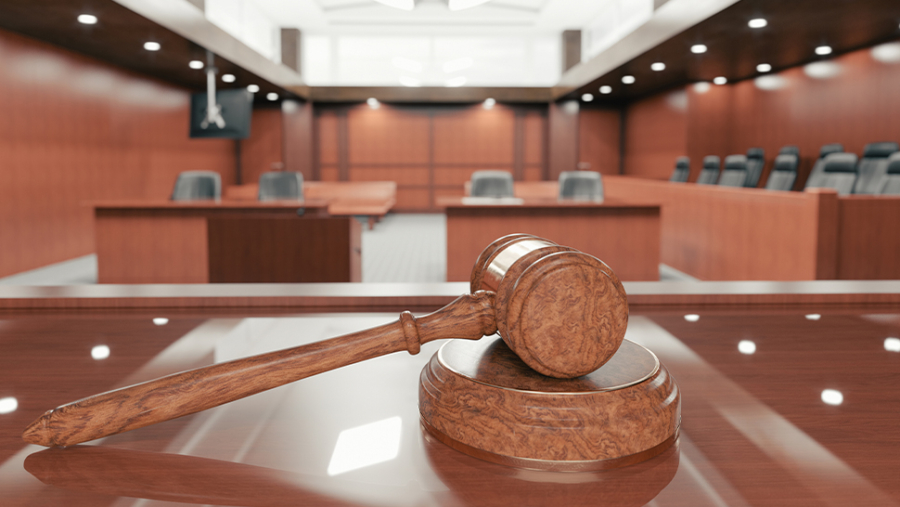
Court revokes permission to rely on expert evidence due to concerns about independence
25 April 2022

The court has provided a useful reminder that an expert witness must be independent and the possible consequences if that independence is compromised.
In the case of Andrews v Kronospan Ltd [2022] EWHC 497 (QB) the court considered whether to revoke permission for the claimant to rely on the evidence of one of its expert witnesses. This was due to communications passing between that expert and the claimant’s solicitors in relation to the process by which the experts of both sides were required to produce a joint statement for the court.
The ‘joint statement’ process is centrally the territory of the experts and not for the parties and their respective solicitors to interfere with. While some of the claimant’s solicitor’s interventions in this case were to flag typographical errors and areas where more clarity could be provided, of concern were a number of comments and suggestions on issues of substance, trespassing on the expert’s field of responsibility. The claimant’s expert was also criticised for blind-copying the solicitor into an email to the defendant’s expert setting out an outline of a recent discussion between the experts.
The claimant acknowledged that these communications were inappropriate and amounted to “serious transgressions” of the rules requiring expert witnesses to act in accordance with their overriding duty to the court and limiting the involvement of legal representatives in discussions between experts.
In deciding what sanction to apply, the court noted that there had been “continuous contact” between the expert and the solicitor and that the communications suggested that the expert regarded himself “as an advocate for the claimants, rather than as an independent expert whose primary obligation is to the court.”
The court concluded that it had no confidence in the expert’s ability to act in accordance with his duties as his comments to the solicitor made clear that he was “looking for ways in which he could support the claimant’s case”. As the basis upon which permission to rely on the expert evidence had initially been granted by the court had been undermined, it was appropriate to revoke that permission. However, the court did permit the claimant to rely on alternative expert evidence – as its claim was for an injunction in nuisance, it would not be adequately compensated by a claim for damages against its solicitor.
Solicitors, expert witnesses and clients should take heed from this case and ensure that the boundaries set out by the court to ensure it receives objective expert evidence are preserved. Clients should be advised that the independence of expert witnesses is paramount and that the consequences of compromising that independence may be highly detrimental – while in this case the court was willing to permit the claimant to rely on alternative witness evidence, this will not always be the case.










